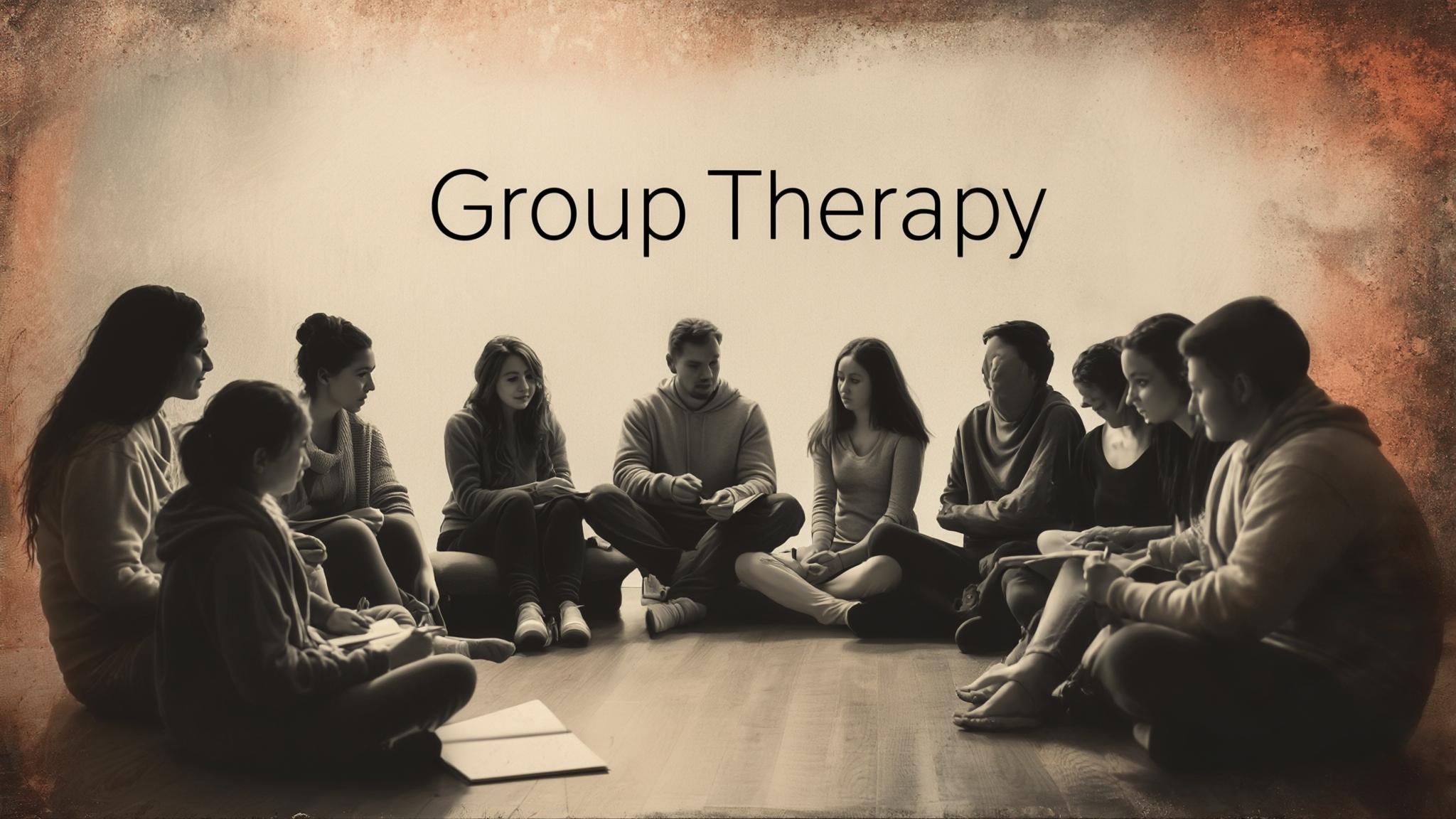I. Introduction
A. Definition of Group Therapy
Group therapy is a form of psychological treatment where a small group of individuals meets with a trained therapist. This setting provides a unique environment for individuals to share their thoughts, feelings, and experiences with one another, while also benefiting from the therapist's guidance. Common formats include support groups, psychoeducational groups, and skills-building groups, allowing participants to address various mental health issues.
B. Importance of Mental Health for Young Adults
Mental health is a crucial aspect of overall well-being, especially for young adults aged 18-29, who face a range of mental health challenges. According to the National Institute of Mental Health, nearly 31.9% of adults in this age group experience anxiety disorders and 17.2% experience major depressive episodes. This demographic often copes with life transitions, seeking support among peers becomes vital for recovery and resilience.
C. Purpose of the Article
This article aims to explore the specific benefits of group therapy for young adults. By providing insights into its purpose and efficacy, we hope to encourage potential participants and mental health professionals to consider group therapy as a valuable option for mental health support.
II. Understanding Group Therapy
A. Types of Group Therapy
- Psychoeducational Groups: These groups focus on education about mental health issues, providing participants with strategies to cope.
- Supportive Therapy Groups: Members share experiences and provide emotional support to one another under the guidance of a therapist.
- Interpersonal Process Groups: Emphasizing the dynamics between group members, these sessions explore personal relationships and communication patterns.
- Skills Development Groups: Designed to help members learn specific skills, such as coping mechanisms or social tactics.
B. Structure of Group Therapy Sessions
Typically, group therapy sessions last from 60 to 90 minutes and may occur weekly or bi-weekly. Sessions often commence with a check-in, wherein participants share updates on their mental health or relevant experiences. The therapist facilitates discussions, ensuring that everyone feels comfortable and included, while also managing group dynamics.
C. Common Themes and Issues Addressed
Group therapy often delves into topics central to the young adult experience, such as:
- Identity exploration
- Navigating relationships
- Career-related stress
- Life transitions, such as starting college or moving away from home
III. Benefits of Group Therapy for Young Adults
A. Social Support and Connection
Group therapy fosters a sense of community, enabling young adults to connect with peers who share similar challenges. This social support network can significantly reduce feelings of loneliness and isolation, promoting better mental health.
B. Shared Experiences and Learning
Hearing from others provides validation. Many participants discover they’re not alone in their struggles, which normalizes their feelings and enhances their recovery journey.
C. Development of Communication Skills
Group therapy encourages individuals to articulate thoughts and feelings effectively. Participants practice expressing their emotions and navigating interpersonal interactions in a supportive environment.
D. Emotional Validation and Acceptance
Group therapy facilitates emotional validation as peers provide feedback and validation to each other. This shared understanding fosters acceptance of one’s feelings, diminishing self-criticism.
E. Cost-Effectiveness
Compared to individual therapy, group therapy may be more economical. This approach makes mental health support more accessible for young adults who may be constrained by finances.
IV. Evidence Supporting Group Therapy
A. Research Findings
Several studies highlight the effectiveness of group therapy in improving mental health outcomes. For instance, a meta-analysis published in Clinical Psychology Review found a significant reduction in symptoms of anxiety and depression among young adults participating in group therapy.
B. Case Studies and Testimonials
Personal narratives reveal transformative experiences. For example, a young adult may describe overcoming debilitating anxiety through shared coping strategies in a supportive group environment, showcasing the significant impact of collective healing.
V. Overcoming Barriers to Participation
A. Stigma Surrounding Mental Health and Group Therapy
Stigma often deters young adults from seeking help. Addressing misconceptions about mental health and group therapy requires open dialogues and advocacy.
B. Fear of Vulnerability
To encourage participation, it is vital to develop a safe environment where fear of judgment is minimized. Techniques for overcoming this fear include gradually sharing thoughts and realizing that vulnerability is a strength rather than a weakness.
C. Finding the Right Group
Choosing the right group is crucial. Potential participants should seek groups that align with their needs and values while ensuring compatibility with both members and therapists for optimal comfort and benefit.
VI. Conclusion
A. Recap of Key Benefits
Group therapy offers numerous benefits, including enhanced social support, shared learning experiences, improved communication, emotional validation, and accessibility.
B. Encouragement for Young Adults
We encourage young adults to consider group therapy as a valuable resource on the path to managing their mental health effectively.
C. Call to Action
For those interested in group therapy, numerous resources are available, such as local mental health centers and online directories. We invite readers to share their experiences or seek help if needed.
VII. References
- National Institute of Mental Health. (2021). Mental Illness. Retrieved from NIMH
- McDermut, W., et al. (2001). The Efficacy of Group Psychotherapy for Depression: A Meta-Analysis. Clinical Psychology Review.
VIII. Additional Resources
A. Recommended Reading
- "The Gift of Imperfection" by Brené Brown
- "Group Therapy for Adults" by Judith E. Barlow
B. Online Support Groups
C. Professional Organizations
- American Psychological Association (APA)
- National Alliance on Mental Illness (NAMI)

